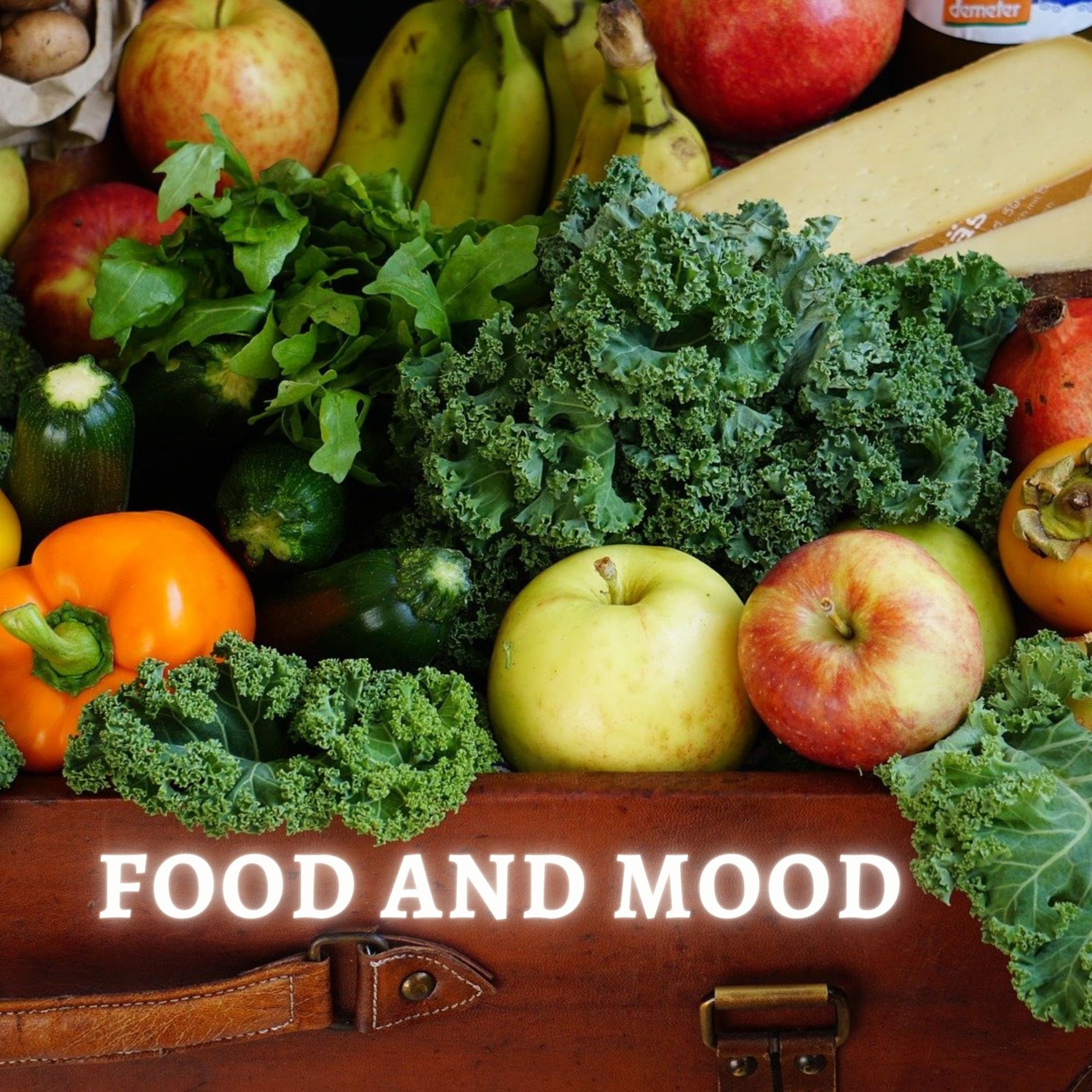
Food and Mood
Here is some food for thought: Diet can affect your mood.
Origin of Depression is predominantly explained either by neurobiology or by stressful life events.
However, some studies explain the role of few vitamins (like Vit-B9), minerals and omega-3 fatty acids in depression. They play a vital role in maintaining normal neurotransmitter levels, especially serotonin. Brain serotonin levels are important in maintaining happy mood.
Simply put, vitamin deficiencies can affect those chemicals that keep you happy. Furthermore, depressed individuals tend to eat less. This can precipitate deficiencies. This could be why there is inadequate response to treatment in some persons.
Vitamin B9 (folate) deficiency can adversely affect serotonin levels. So how do we ensure that we get our daily dose of Vitamin B9? Make it a habit to include green leafy vegetables and fruits in your diet. Peanuts and sunflower seeds are excellent vit-B9 rich snacks. Sea food is an excellent source. Furthermore, oily fish contain omega-3 fatty acids which uplift your mood too.
The discipline that studies such connection between food and mental health is called - Nutritional Psychiatry. The idea is to integrate nutritious food with mainstream medical management of mental illness.





